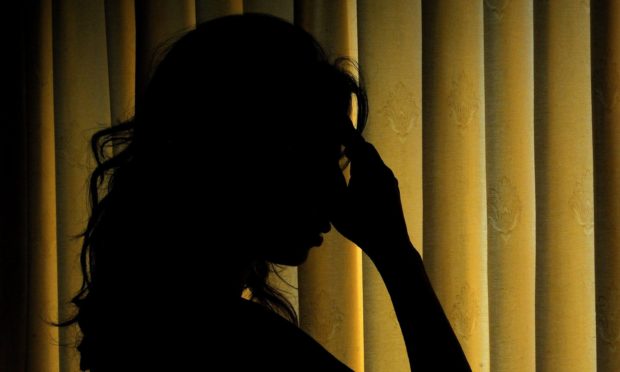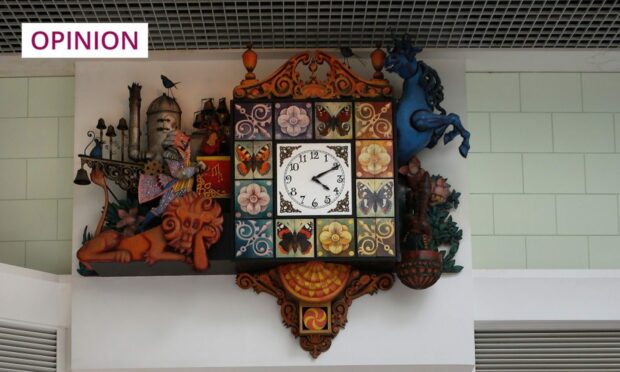By the early hours of Friday morning we will know who will govern this country for the next five years.
The SNP are fully expected to retain control of the national reins, with the Tories and Labour basing their entire campaign on who can most effectively oppose the Nats.
In a thoroughly one horse race, Scots will, barring a political earthquake, live under SNP policies until at least 2021.
Many of these policies are clear; we know the SNP’s stance on issues like tuition fees, council tax and Trident.
What’s not been laid bare with the same clarity is the party’s stance on how to tackle an ongoing national mental health crisis.
In fact, having read all competing parties’ manifestos, very little has been published on the matter.
Buzz words are used and bold promises are made, but very little is revealed in terms of how these guarantees can be fulfilled.
First Minister Nicola Sturgeon has promised to ensure that mental health and physical health are treated with complete parity.
The SNP leader has also promised at least £30 million for the nation’s mental health services each year for the next five years.
However, despite Ms Sturgeon’s ambitious plans, two people continue to take their lives each day in Scotland.
Despite her proposals, people suffering from crippling mental health conditions are routinely told that no professional help can be offered for up to six months.
Despite her party’s endeavours, suicidal Scots are, in 2016, told by their local doctor surgeries “We’re sorry. There’s nothing we can do.”
This is not a pop at Nicola Sturgeon and the SNP.
They have done a lot of good things since rising to power in 2007.
What they and every other political party across Britain have failed to do however is take the issue of mental illness seriously enough.
You only need watch the much maligned pre-election debates or pick up a newspaper to realise just how little focus has been paid to the issue of mental health.
Both Holyrood and Westminster quite simply fail to grasp the reality of the situation; this is a national epidemic which is not going to go away.
Ignoring the human tragedy of it all, depression alone is expected to cost the national coffers billions of pounds during the next few years.
The total number of working days lost due to depression and anxiety during 2014/15, according to the Health and Safety Executive, was 9.9 million days.
Indeed, the Department of Health confirm that “mental ill health is the single largest cause of disability in the UK, contributing up to 22.8% of the total burden, compared to 15.9% for cancer and 16.2% for cardiovascular disease.”
On our own doorstep, here in Dundee, mental health charities have been quoted in these pages describing their work as “trying to offer quart-sized support with pint-sized finances.”
Why then the complete lack of urgency from our elected representatives?
Voter turn-out in the City of Discovery, by all accounts, was lower than normal.
Perhaps, having said all of this, the apathy is understandable.
Whoever claims victory tonight, ill people will continue to suffer and will continue to die unnecessarily.
All the buzz words and bold promises in the world won’t prevent that.









